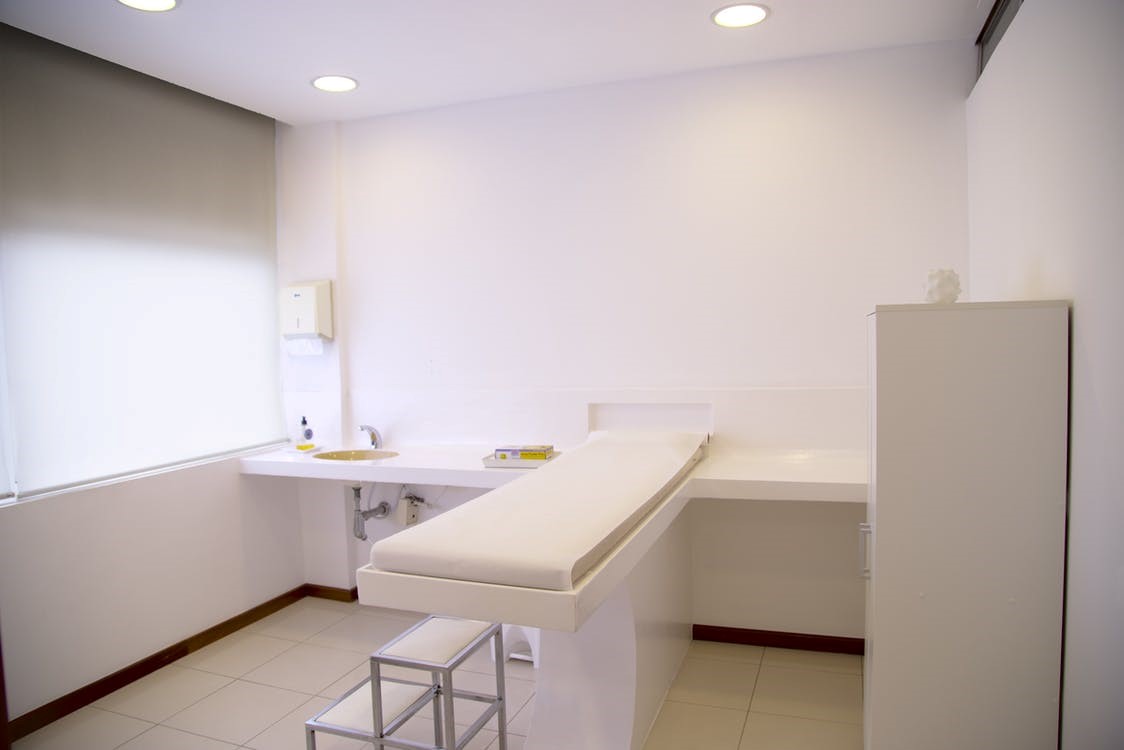Rheumatoid arthritis (RA) is a chronic, inflammatory autoimmune disease that causes pain, stiffness, and swelling in the joints. It can also affect other organs in the body, including the skin, eyes, and lungs.
RA is a debilitating disease that can lead to joint damage, disability, and even death. While there is no cure for RA, there are treatments available that can help to manage the symptoms and slow the progression of the disease. With proper treatment and self-care, many people with RA are able to lead active, productive lives. This article talks about RA and how to cope with it.
What is Rheumatoid Arthritis?
RA is an autoimmune disease, which means that the body’s immune system mistakenly attacks healthy tissue. In RA, the immune system attacks the joints, causing inflammation, pain, and stiffness. Over time, this can lead to joint damage and deformity. RA is a chronic disease, which means that it typically lasts for many years and can flare up or go into remission at different times.
RA is not contagious and cannot be passed from one person to another. The exact cause of RA is unknown, but it is thought to involve a combination of genetic and environmental factors.
Symptoms and Diagnosis of RA
The symptoms of RA can vary from mild to severe, and they may come and go over time. The most common symptoms are pain, stiffness, and swelling in the joints. Other symptoms can include fatigue, fever, weight loss, and anemia.
RA is usually diagnosed by a rheumatologist, a doctor who specializes in the diagnosis and treatment of arthritis and other inflammatory diseases. The rheumatologist will take a medical history, perform a physical examination, and order blood tests and X-rays to confirm the diagnosis.
Treatment Options for RA
There is no cure for RA, but there are treatments available that can help to relieve the symptoms and slow the progression of the disease. Treatment typically involves a combination of medication, exercise, and self-care.
The most common medications used to treat RA are disease-modifying antirheumatic drugs (DMARDs), which can slow the progression of the disease and prevent joint damage. DMARDs include methotrexate, hydroxychloroquine, and sulfasalazine. Biologic drugs, which are made from living cells, are also sometimes used to treat RA. They work by targeting specific parts of the immune system that are involved in the disease process.
Exercise is an important part of RA treatment. It helps to strengthen the muscles and joints, increase range of motion, and improve overall fitness. A physical therapist can design an exercise program that is specifically tailored to your needs.
Self-Care Tips for Living with RA
Self-care measures such as rest, relaxation, and stress reduction can also help to manage the symptoms of RA. It is important to pace yourself and not overdo it. Taking breaks throughout the day and getting regular exercise can help to increase energy levels and reduce pain and stiffness.
Here are some self-care tips for living with RA:
- Get regular exercise. Exercise can help to strengthen the muscles and joints, increase range of motion, and improve overall fitness. A physical therapist can design an exercise program that is specifically tailored to your needs.
- Pace yourself. It is important to pace yourself and not overdo it. Taking breaks throughout the day can help to prevent fatigue.
- Use heat and cold therapy. Applying heat or cold to the affected joints can help to relieve pain and stiffness.
- Protect your joints. Use assistive devices such as canes and splints to protect your joints from further damage.
- Eat a healthy diet. Eating a healthy diet can help to reduce inflammation and improve overall health.
- Reduce stress. Stress can worsen the symptoms of RA. Find ways to relax and manage stress, such as yoga, meditation, or deep breathing exercises.
- Get enough sleep. Getting enough sleep is important for overall health and can help to reduce fatigue.
By following these self-care tips, you can help to manage your symptoms and improve your quality of life.
Coping with the Emotional Impact of RA
Living with a chronic disease like RA can be challenging, both physically and emotionally. It is important to find a support system that can help you to cope with the challenges of the disease. There are many online and in-person support groups available for people with RA. These groups can provide invaluable information, support, and understanding.
It is also important to take care of yourself emotionally. Be sure to schedule time for activities that you enjoy and make time for relaxation and stress reduction. Talking to a therapist or counselor may also be helpful in managing the emotional impact of RA.


 Home
Home









